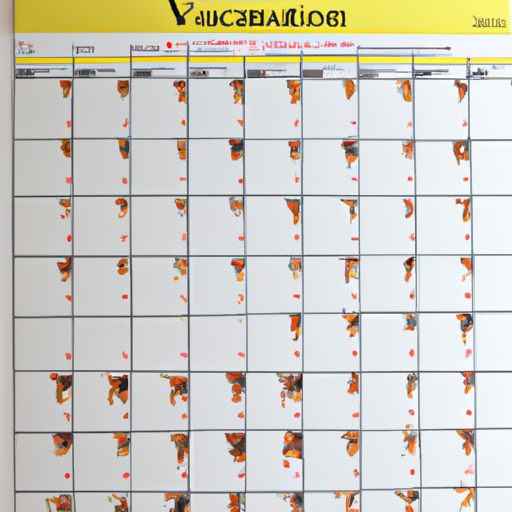As a dedicated caregiver to your furry friend, you may often find yourself pondering, “What vaccinations do dogs need yearly?” This comprehensive guide aims to answer your question in full detail.
The Importance of Vaccinations for Dogs
Vaccinations are a crucial part of your dog’s health care routine. They not only protect your dog from a range of potentially fatal diseases but also play a critical role in maintaining the overall canine population’s health.
Vaccines work by stimulating your dog’s immune system to produce a response to a specific disease. This way, if your dog ever encounters the actual disease, their immune system is prepared to fight it off, or at least reduce its severity.
Core Vaccinations for Dogs
The American Animal Hospital Association (AAHA) has categorized dog vaccines into two categories: core and non-core. Core vaccines are those recommended for all dogs, regardless of lifestyle or location. These include:
- Rabies: This fatal disease can affect all mammals, including humans. It’s transmitted primarily through a bite from an infected animal. Most states require rabies vaccinations by law.
- Distemper: Canine distemper is a severe, often fatal disease that impacts a dog’s respiratory, gastrointestinal, and nervous systems.
- Parvovirus: This highly contagious viral illness can cause severe vomiting, diarrhea, and can be deadly, especially for puppies.
- Adenovirus (Hepatitis): Canine adenovirus type 1 causes hepatitis, a potentially fatal disease that affects the liver.
| Core Vaccines | Description |
|---|---|
| Rabies | A fatal disease that can be transmitted to humans |
| Distemper | A severe, often fatal disease affecting multiple systems |
| Parvovirus | Highly contagious and can be deadly, especially for puppies |
| Adenovirus (Hepatitis) | Affects the liver and can be potentially fatal |
Non-Core Vaccinations for Dogs
Non-core vaccines are given depending on your dog’s exposure risk. These include:
- Bordetella Bronchiseptica: This bacteria is one of the most common causes of canine infectious tracheobronchitis, also known as kennel cough.
- Canine Influenza: Common in boarding kennels and shelters, this virus causes symptoms similar to the human flu.
- Leptospirosis: This bacterial infection is more common in areas with wildlife and high rainfall.
- Lyme Disease: Transmitted by ticks, this disease is more common in specific geographical regions.
Vaccination Schedule for Dogs
The vaccination schedule for dogs varies depending on their age, breed, health condition, and lifestyle. However, a typical vaccination schedule may look something like this:
- 6-8 weeks: Distemper, parvovirus
- 10-12 weeks: DHPP (vaccines for distemper, adenovirus [hepatitis], parainfluenza, and parvovirus)
- 16-18 weeks: DHPP, rabies
- Every 1-2 years: DHPP
- Every 1-3 years: Rabies (as required by law)
FAQ
Q: Are yearly vaccinations necessary for my dog?
Most vets agree that core vaccinations are necessary for every dog. However, the frequency may vary, and not all vaccines need to be administered annually. It’s best to consult with your vet for a personalized vaccination schedule.
Q: Are there side effects to vaccinations?
Though rare, side effects can occur. These may include fever, sluggishness, loss of appetite, facial swelling, or vomiting. If any of these symptoms persist, contact your vet immediately.
Q: Can vaccinations cause my dog to become sick?
Vaccinations may sometimes cause mild symptoms, like a slight fever or decrease in appetite and activity. However, they do not cause the disease they are protecting against.
Q: What if my dog is pregnant or nursing?
If your dog is pregnant or nursing, consult with your vet before scheduling any vaccinations.
Q: Can I vaccinate my puppy at home?
While some vaccines can be given at home, it’s generally recommended to have a vet administer them. This ensures that they are given correctly and safely.
By staying informed and proactive about your dog’s vaccination needs, you can help ensure a long, healthy life for your furry friend. Remember, when it comes to your dog’s health, always consult with your vet.



